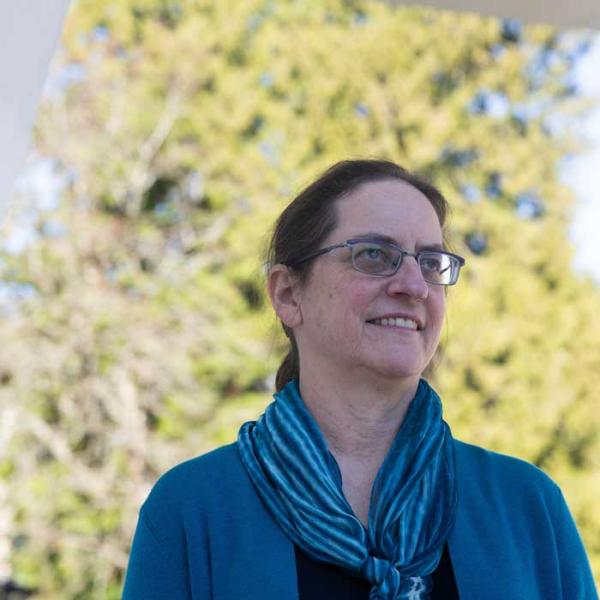Barbara Arneil PhD
Principal Investigator, Global History of Anticolonial Thought
Professor
Political Science
Bio: Barbara Arneil (Ph.D, London) is an historian of political ideas. As the author of John Locke and America, she has done research on the foundational relationship between liberalism and colonialism, and has written a critique of social capital from the perspective of diversity and inclusive justice, entitled Diverse Communities: The Problem with Social Capital. She has also written on the role of disability in political theory, co-editing a book with Nancy Hirschmann, Disability and Political Theory. Her most recent book is Domestic Colonies: The Turn Inward to Colony, Her current research is on imperialism, colonialism as well as what it would mean to create an ‘organic political theory’. Barbara Arneil is Past President of the Canadian Political Science Association (2019-2020), Fellow of the Royal Society of Canada (2022) and Member of the Order of Canada (2023).
Research Statement: As the principal investigator of this research grant, I am currently engaged in research on the meanings of colonialism and imperialism in global political thought, based on earlier research on the role played by colonialism in John Locke’s foundational liberal political theory, particularly as it applies to America. I also continue to explore the creation of domestic colonies in multiple different countries, rooted in the same ideology of colonialism used to first justify colonization of peoples in settler colonies overseas. At the heart of this research is the goal of connecting different kinds of colonies and colonialism in their many manifestations historically and legacies for contemporary politics. My current book project seeks to explore the possibilities of an organic political theory that eschews the inorganic and atomistic conceptions of politics inherent in the European social contract tradition of political theory and instead brings together many threads of thought in critical political theory and indigenous political thought which emphasize relations, organic wholes, empathy and responsibilities as the basis for an alternative political theory.
